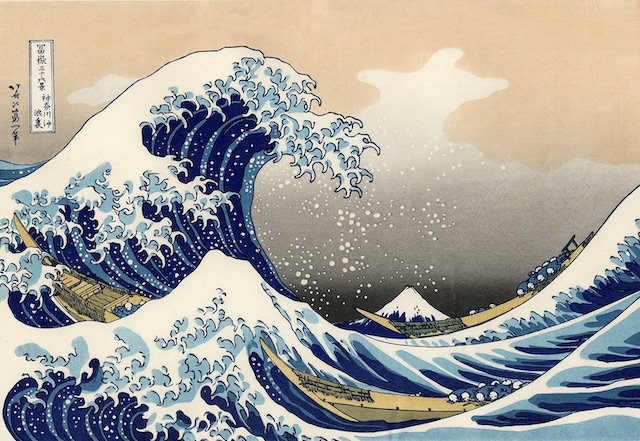Over the year I have enjoyed drinking very good Japanese whiskey both in the United States and in Japan. With increasing popularity I had noticed significantly higher prices. In fact, since moving to Tokyo last fall I have purchased my preferred premium brands of imported single-malt scotch finding them a far better value than the Japanese product. I was also uncertain of the many varieties of Japanese whiskies available here since even with Keiko’s translation assistance, the bottles didn’t offer much information about the product.
Happy with the reasonably priced availability of my long-time favorites I didn’t give much thought to the local market and planned to but a top Japanese product for a future birthday gift.

You can imagine my surprise when I came across an article in the New York Times International Edition that claimed there was a serious problem with Japanese whiskies. The article cites authoritative sources saying “There are a lot of situations where you call it Japanese whisky, but they’re using imported Scotch or Canadian whisky.”
Lacking any regulatory regimen, there are few rules for what those bottles should contain. In fact, apparently some companies buy spirits in bulk from abroad, bottle and label it “Japanese whisky” both for sale in the local market and re-export to the United States and other countries.
Read the article:http://www.paulmyer.com/wp-content/uploads/Fake-Japanese-Whiskey.pdf





